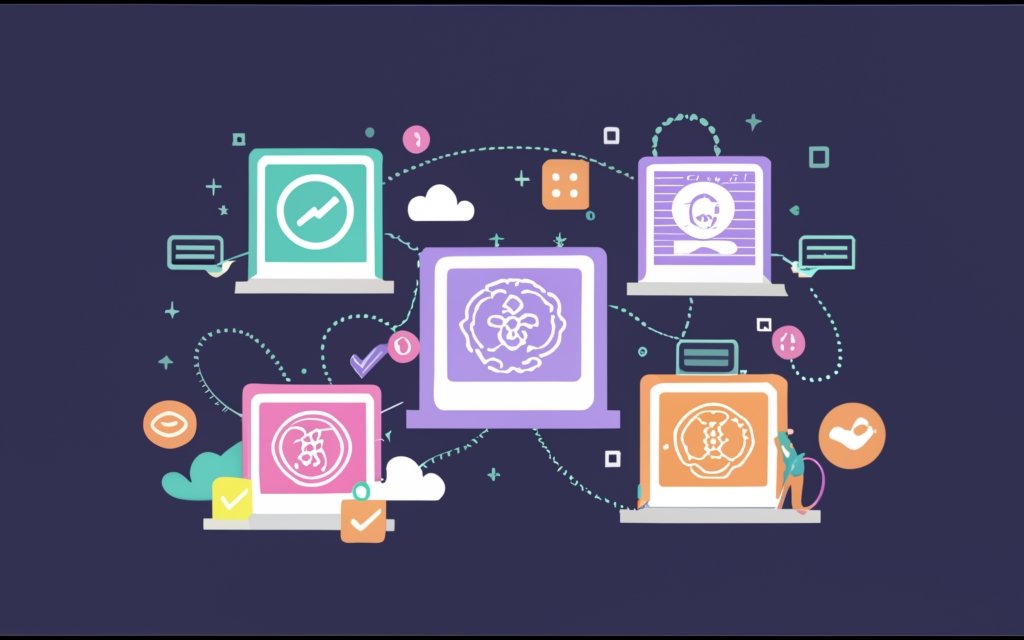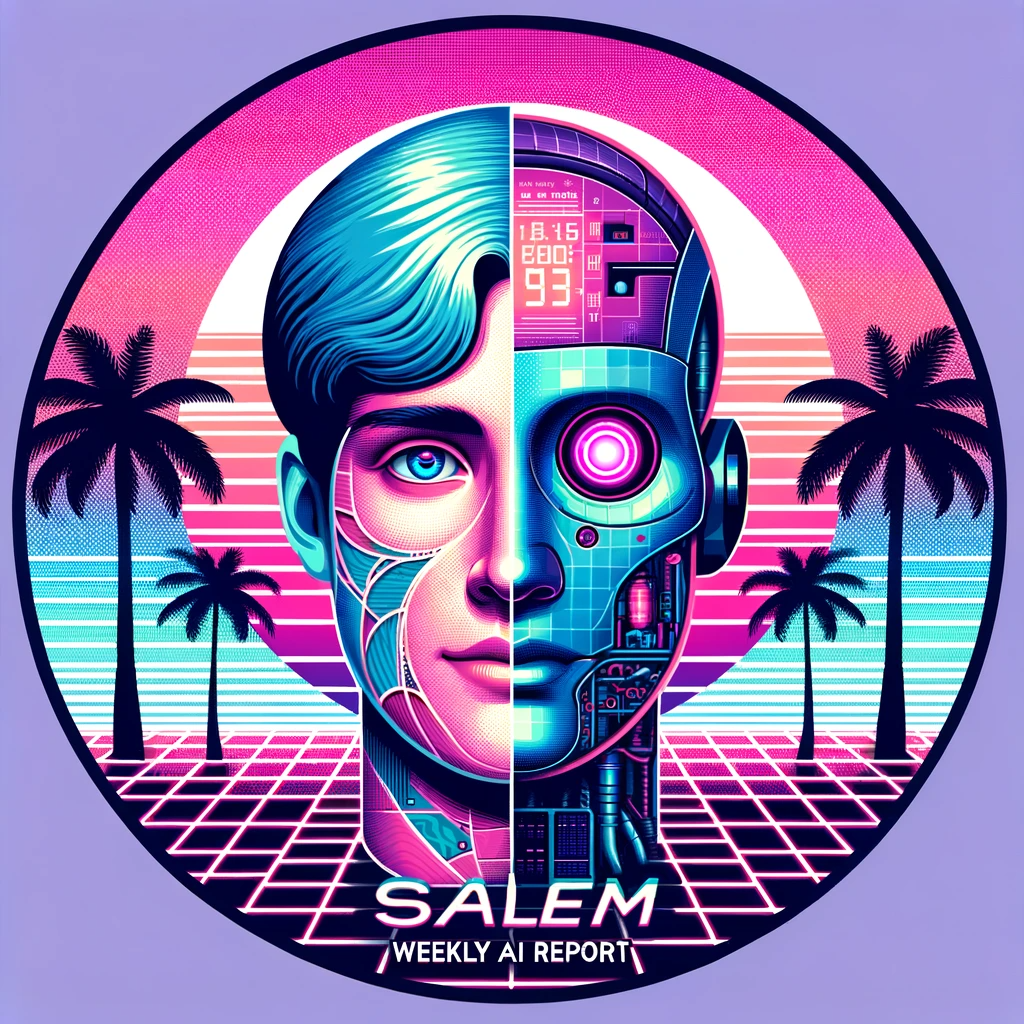
AI Image Generators Dismissed from Copyright Claims, Except for Registered Works
Judge Dismisses Most Copyright Claims Against AI Image Generators
In a landmark decision, a judge in California has largely dismissed copyright claims brought by three artists against AI image generators Midjourney, Stable Diffusion, and DeviantArt. The artists, Sarah Andersen, Kelly McKernan, and Karla Ortiz, alleged that the AI image generators had used their copyrighted works to train their systems, but two of the artists, McKernan and Ortiz, had not registered their works with the US Copyright Office, leaving Andersen as the only artist with registered works.
The judge, William H. Orrick, noted that it was unclear whether Stable Diffusion held compressed copies of the images used in its training dataset, which contains five billion images. The judge suggested that the sheer size of the LAION database may protect the company because it is “simply not plausible that every training image used to train Stable Diffusion was copyrighted (as opposed to copyrightable) or that all DeviantArt users’ output images rely upon (theoretically) copyright training images.”
The judge also noted that it would be difficult for artists to prove that an image generated by Midjourney et al was based on their work, as it is almost impossible to produce an identical image that exists within the training data. However, the judge allowed Andersen’s complaint that her 16 copyrighted works were used without her authorization to move forward.
The case highlights the complex legal issues surrounding AI image generators and the use of copyrighted and copyrightable images in their training datasets. The judge has offered the plaintiffs an opportunity to amend and clarify their theory as to how Stable Diffusion operates its training data.
As AI image generators become more sophisticated, it is likely that more legal disputes will arise, and it will be important for artists, AI developers, and policymakers to work together to find a solution that balances the interests of all parties involved. The case also raises questions about the role of AI image generators in the creative process and the potential impact on the traditional copyright system.

